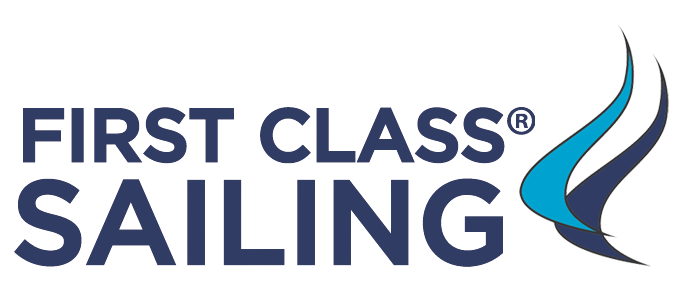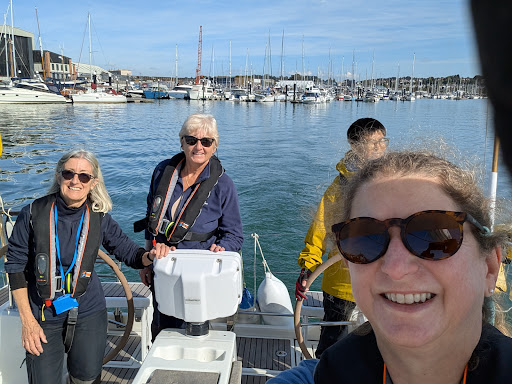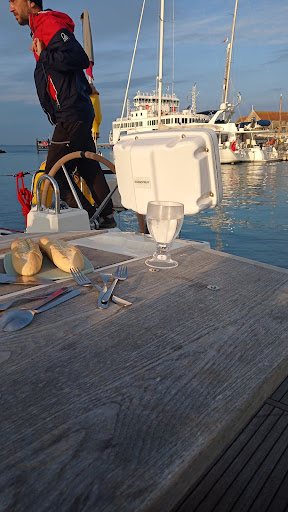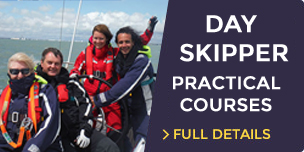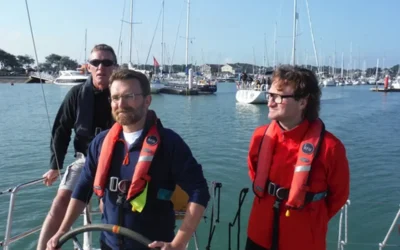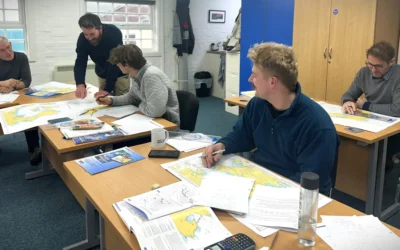What Does a Coastal Skipper Licence Allow You To Do?
If you’ve already completed your RYA Day Skipper and are ready to take the next step, the RYA Coastal Skipper licence opens up a world of new sailing possibilities. This qualification demonstrates that you’re capable of skippering a yacht safely on coastal passages by day and night — even in more challenging weather and tidal conditions.
What Is the RYA Coastal Skipper Licence?
The RYA Coastal Skipper certification is an advanced qualification that proves you can take command of a yacht on longer coastal passages. It’s the natural bridge between Day Skipper and Yachtmaster Coastal or Offshore, combining practical sailing skills with advanced navigation and passage planning.
To reach Coastal Skipper level, you’ll need:
-
Navigation knowledge equivalent to the RYA Yachtmaster Theory course
-
Sailing experience to at least Day Skipper standard (or equivalent practical experience)
Once qualified, you’ll receive an official RYA Coastal Skipper course completion certificate — your ticket to skippering in more demanding coastal environments.
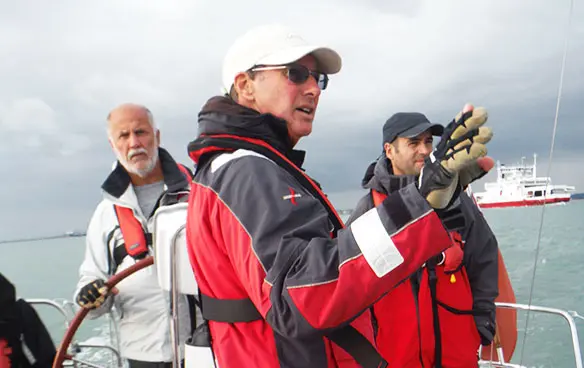
RYA Coastal Skipper -instructor briefing crew on deck
What You Can Do With a Coastal Skipper Licence
With your Coastal Skipper qualification, you can:
-
Skipper a yacht up to 24 metres in coastal waters, typically up to 20–30 miles offshore.
-
Plan and execute longer coastal passages, including at night.
-
Take responsibility for the crew and vessel in changing weather conditions.
-
Charter yachts internationally where proof of advanced competence is required.
-
Progress toward RYA Yachtmaster Coastal or Offshore, which build directly on this certification.
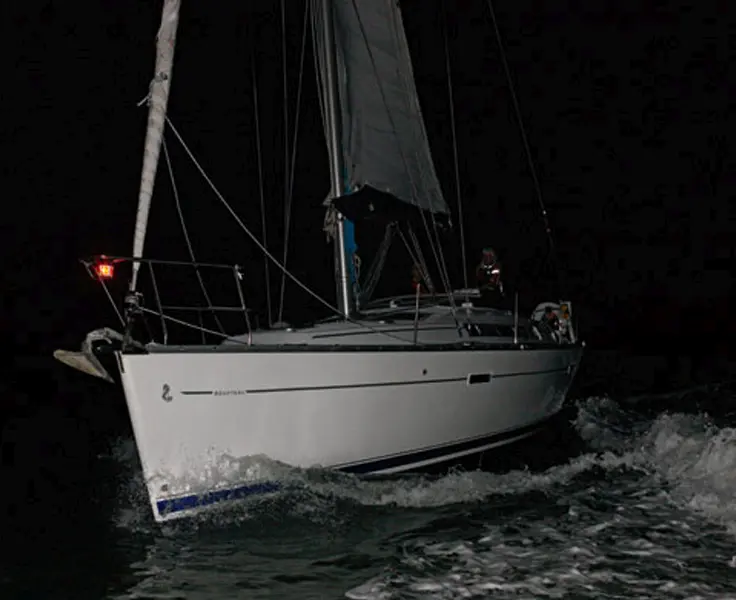
Yacht under sail at dusk during RYA Coastal Skipper night passage
How the RYA Coastal Skipper Course Works
The Coastal Skipper course has two parts:
-
Shorebased theory – covering advanced navigation, meteorology, and passage planning.
-
Practical course – five consecutive days at sea, focusing on yacht handling, pilotage, and skippering decisions.
During the practical week, you’ll take part in night sailing, handle emergency scenarios, and complete real passage plans. It’s a challenging but rewarding step that builds true skippering confidence.
Course topics include:
-
Passage planning and preparation
-
Pilotage by day and night
-
Yacht handling under sail and power
-
Dealing with adverse weather
-
Safety management and emergency procedures
💡 To book with First Class Sailing, see our RYA Coastal Skipper Practical course for full details, prices, and dates.
CS vs Day Skipper
The main difference between Day Skipper and Coastal Skipper is the level of independence and complexity.
Day Skipper focuses on short, daytime passages in familiar waters. Coastal Skipper demands more advanced skills — managing tides, watchkeeping, night navigation, and skippering in unfamiliar coastal areas.
Typical routes might include Hamble to Poole or Hamble to Weymouth, rather than shorter Solent hops like Day Skipper students undertake.
📖 For a detailed comparison, see our guide on the Difference Between Day Skipper and Coastal Skipper.
Why Earn the Coastal Skipper Licence
Earning the Coastal Skipper certificate shows you can lead confidently and handle real-world challenges at sea.
It’s ideal for those planning to:
-
Charter yachts independently
-
Skipper extended coastal voyages
-
Gain experience before attempting RYA Yachtmaster certification
If you’re serious about becoming a capable, self-reliant skipper, this is the qualification that proves it.
⚓Read our FAQ on the RYA Coastal Skipper Practical course
🧭 Next step after Coastal Skipper? Explore our Yachtmaster courses.
Final Thoughts
The RYA Coastal Skipper licence isn’t just another certificate — it’s proof that you’re ready to take responsibility for a yacht and crew on more ambitious coastal journeys.
With First Class Sailing’s expert RYA instructors and well-equipped training yachts, you’ll gain the confidence, judgment, and practical skills needed to skipper anywhere around the UK coastline and beyond.
Updated 20 October 2025
